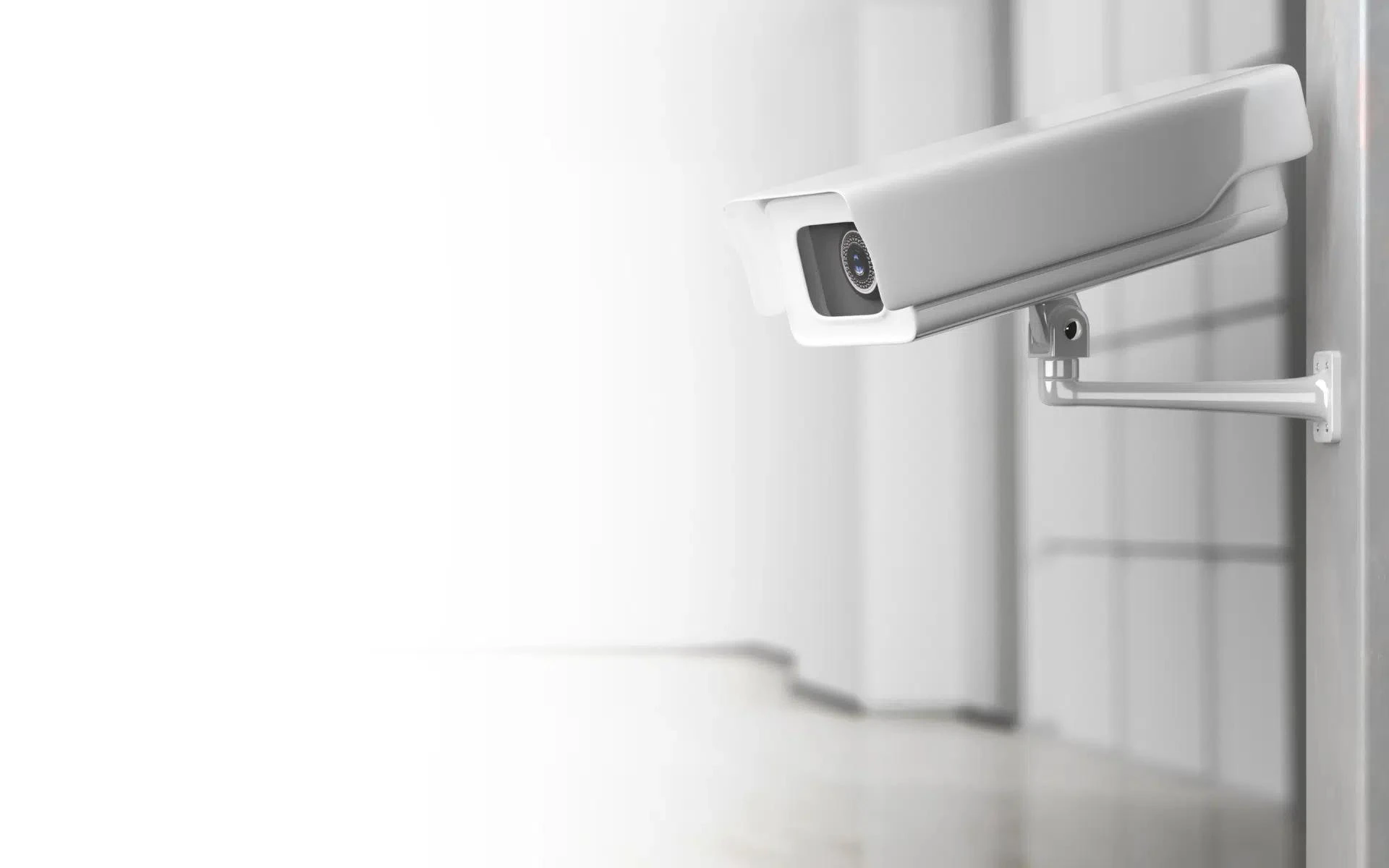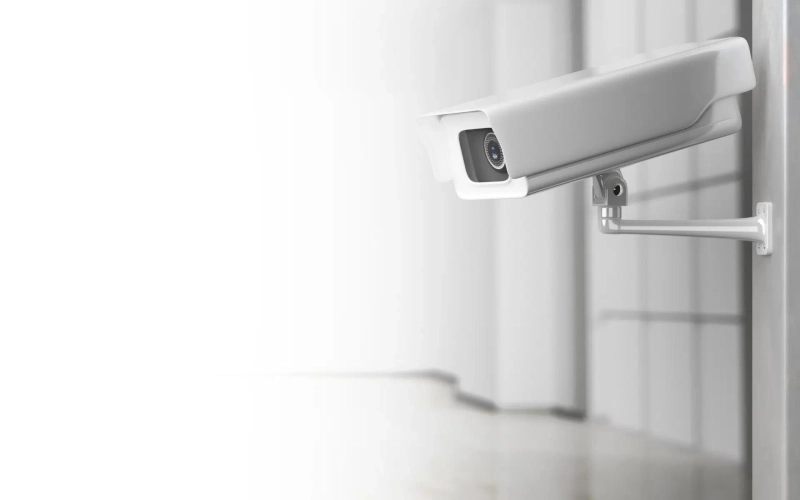Security technology has advanced rapidly in recent years, with modern systems going far beyond traditional gates, guards, and keycards. Among the most effective innovations is license plate recognition (LPR), a solution that combines convenience, automation, and safety. Both Florida license plate recognition and North Carolina license plate recognition systems are being widely adopted by gated communities, office buildings, healthcare facilities, and commercial properties that want to streamline access while keeping their environments secure.

What Is License Plate Recognition?
License plate recognition is a technology that uses cameras and software to automatically scan and record the license plates of vehicles entering or exiting a property. These details are instantly checked against a database to grant or deny access, notify property managers, or store entry logs for future reference. Unlike manual check-ins or outdated logbooks, LPR provides accuracy, speed, and real-time data.
Florida License Plate Recognition: Enhancing Community Security
In Florida, where many communities are gated and visitor traffic is constant, license plate recognition plays a critical role. Property managers no longer need to rely solely on human guards or slow check-in procedures. Instead, vehicles are scanned as they approach, and approved residents or pre-registered visitors are granted immediate access. This not only reduces long lines at community gates but also minimizes the risk of unauthorized entry.
For businesses, Florida license plate recognition helps track deliveries, monitor employee vehicles, and maintain accurate security records. Healthcare facilities, in particular, benefit from the system’s ability to control parking areas, manage high traffic flow, and keep detailed visitor reports—all of which are vital for compliance and safety.
North Carolina License Plate Recognition: Smarter Access for Diverse Facilities
Much like Florida, North Carolina license plate recognition systems are becoming a standard feature for modern security. Gated communities use the technology to improve resident experience by reducing wait times and ensuring that only authorized guests are allowed inside. Offices and corporate campuses implement LPR to simplify employee access and monitor visitor vehicles without requiring manual intervention.
Healthcare and educational institutions also find value in the system, as it helps administrators manage parking facilities, identify overstays, and improve overall site safety. With real-time monitoring, administrators can quickly spot unusual activity, receive alerts, and act before small issues become larger security risks.
Benefits of LPR Technology
- Speed and Convenience – Vehicles are identified instantly, allowing seamless entry.
- Enhanced Security – Unauthorized vehicles can be flagged in real time.
- Data and Reporting – Administrators gain insights into traffic flow, visitor trends, and security patterns.
- Cost Savings – Reduces dependency on manual guards and lowers operational expenses.
- Scalability – Can be used in small communities, large campuses, or across multiple sites.
Building Safer Communities with Smart Technology
Both Florida and North Carolina are seeing rapid growth in communities and businesses adopting modern security tools. As threats evolve, relying on outdated methods is no longer enough. License plate recognition technology provides a reliable way to manage access, protect residents and employees, and create a safer environment without compromising convenience.
Whether it’s Florida license plate recognition ensuring smooth entry at busy gated communities or North Carolina license plate recognition supporting offices, healthcare centers, and campuses, the technology is proving to be an essential part of modern security strategies.


